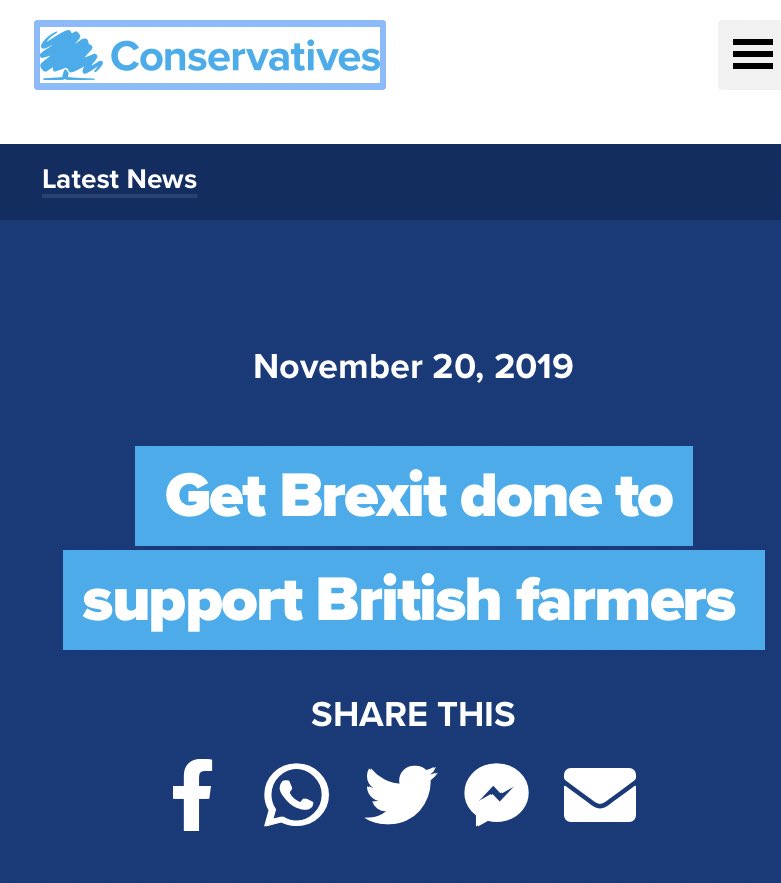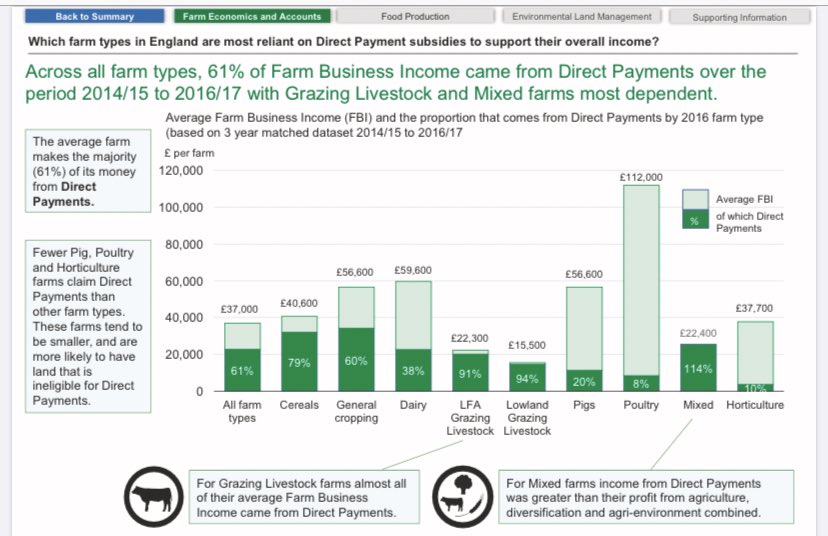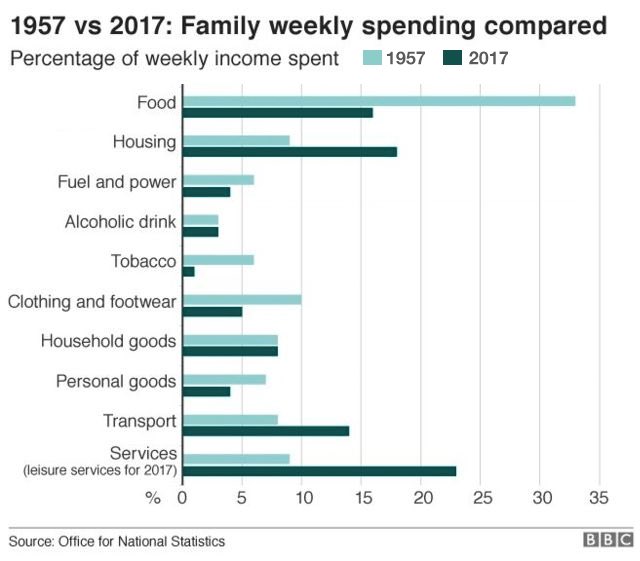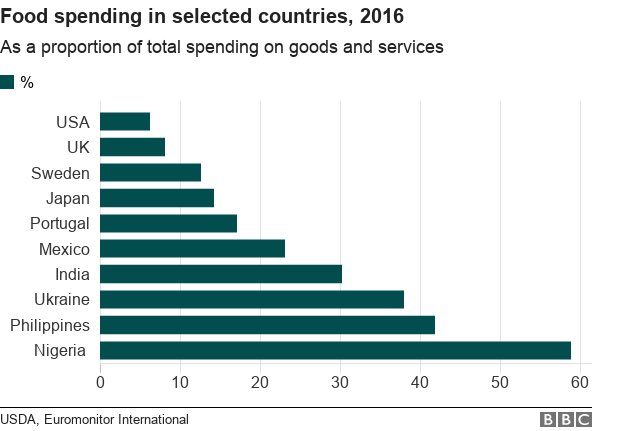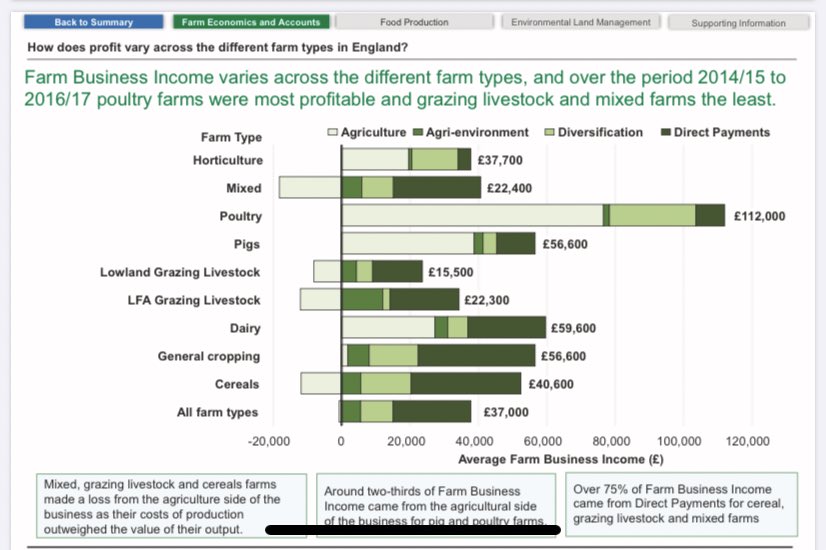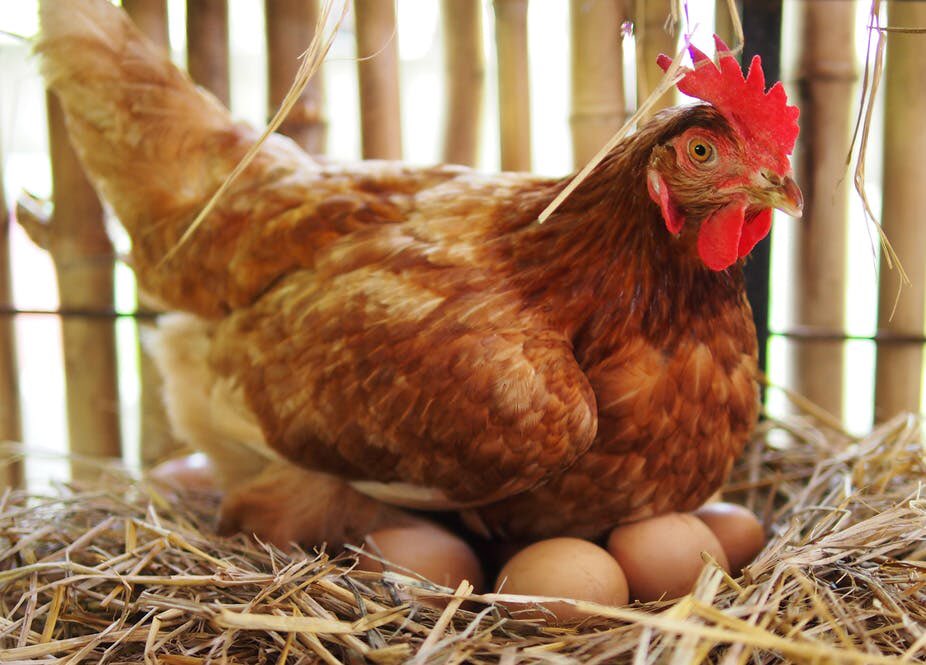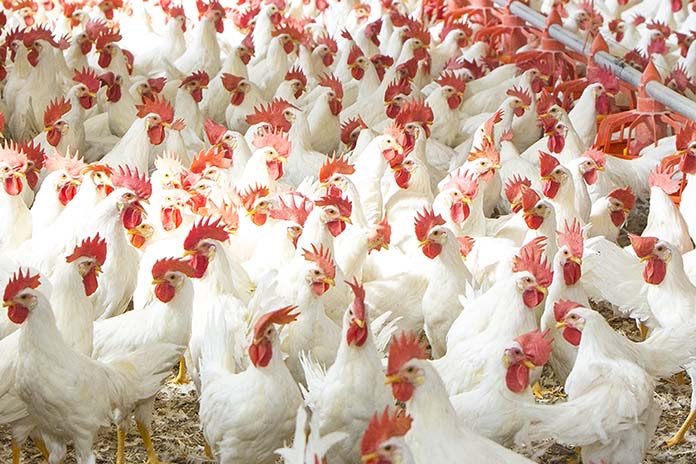
Brexit has ensured that no British government in memory has lavished so many warm words on its farmers, but the reality of policy discussions behind the scenes often seems far more ambivalent towards the future of a £122bn food & farming industry.
2/
dailymail.co.uk/news/article-8…
2/
dailymail.co.uk/news/article-8…
Ultimately, government’s plan for post-Brexit farming does not work.
Removing globally universal state support for food production, increasing domestic standards & opening markets up to unfair competition = a devastating triple whammy for 🇬🇧 farmers.
3/
Removing globally universal state support for food production, increasing domestic standards & opening markets up to unfair competition = a devastating triple whammy for 🇬🇧 farmers.
3/
https://twitter.com/JoeWStanley/status/1312118379721814016
ELM has been in development for four years, is referenced as the solution to all our problems, and yet seems to be little different to that which has gone before - and does nothing to address the looming crisis of farm profitability.
4/
4/
https://twitter.com/joewstanley/status/1307274098654015490
But government now refuses even to consider reasonable amendments to the draft legislation.
Despite doing everything possible to avoid scrutiny & undermine trust, we are told to accept ministers’ word of honour that we will not be sold out.
5/
fwi.co.uk/news/farm-poli…
Despite doing everything possible to avoid scrutiny & undermine trust, we are told to accept ministers’ word of honour that we will not be sold out.
5/
fwi.co.uk/news/farm-poli…
Despite the unequivocal experience of 2020 proving that UK citizens categorically will not ‘Pick for Britain’, this is still proposed as the solution to the >60,000 shortfall in migrant labour needed in our horticulture sector.
That’s not a strategy; it’s a bad joke.
6/
That’s not a strategy; it’s a bad joke.
6/
https://twitter.com/FGAbiKay/status/1313478251357057025
The excuse that we cannot implement standards on food imports as we may disadvantage developing countries seems to be less of an issue when it comes to imported sugar cane...
7/
7/
https://twitter.com/lisaocarroll/status/1312682739582238720
...where a planned £73m tariff break will allow the UK’s sole cane sugar producer (and government donor) to bypass developing economies from which they can already import tariff-free under EU rules.
8/
fginsight.com/brexit-hub/bre…
8/
fginsight.com/brexit-hub/bre…
Of course, the EU of 27 nations is the perfect trading partner when it comes to our lamb; they already take it and they are geographically next door. Unlike Kuwait.
But no stone seems to be now left unturned in demonising our most important agricultural trading partner.
9/
But no stone seems to be now left unturned in demonising our most important agricultural trading partner.
9/
https://twitter.com/FarmersGuardian/status/1313471717885587458
I’m personally becoming incredibly tired of government MPs across the country pledging to back their farming constituents before promptly doing absolutely nothing in the voting lobbies to follow through - and then telling farmers to trust them, or that we ‘don’t understand.’
10/
10/
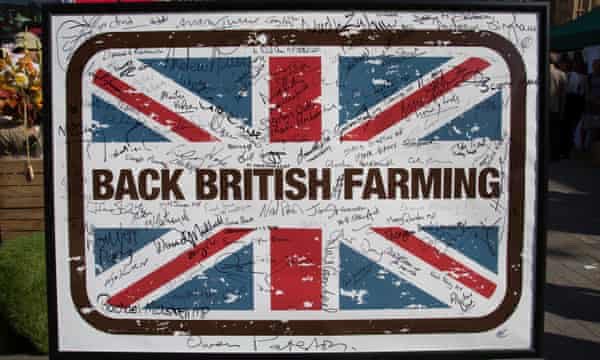
We have it in our grasp to make 🇬🇧 agriculture the envy of the world.
But first government has to reconnect with reality & put its promises & commitments into legislation.
The Ag Bill returns to the Commons next week - and we’re in the last chance saloon.
11/
But first government has to reconnect with reality & put its promises & commitments into legislation.
The Ag Bill returns to the Commons next week - and we’re in the last chance saloon.
11/
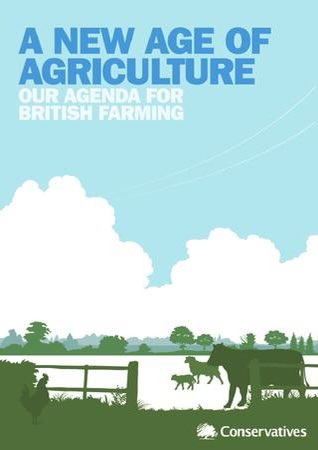
• • •
Missing some Tweet in this thread? You can try to
force a refresh
